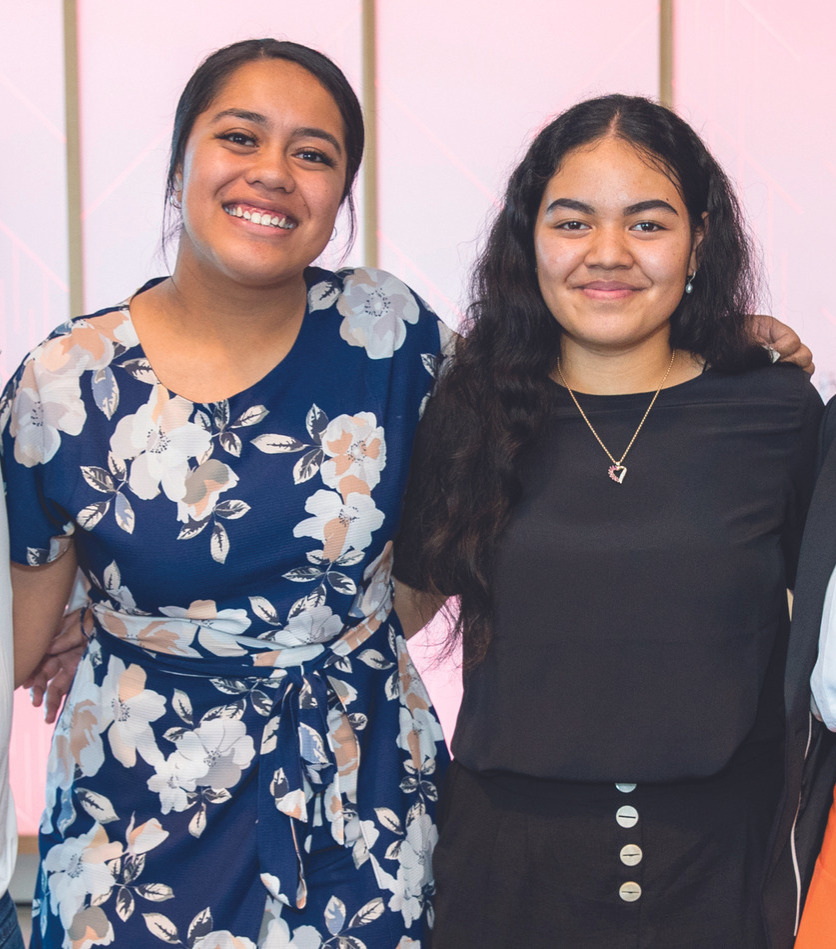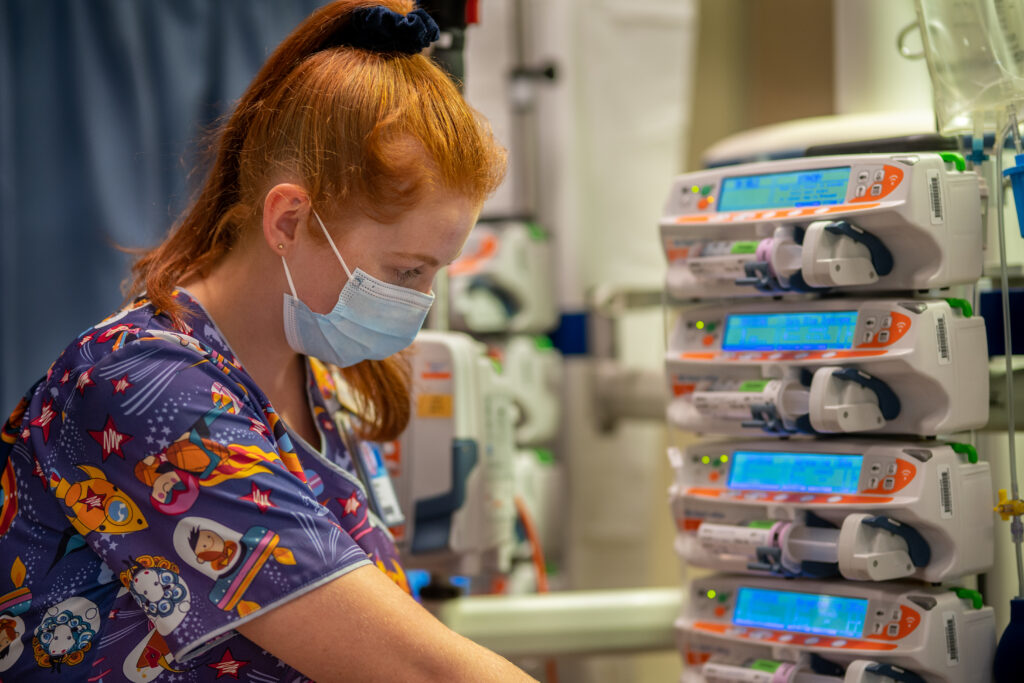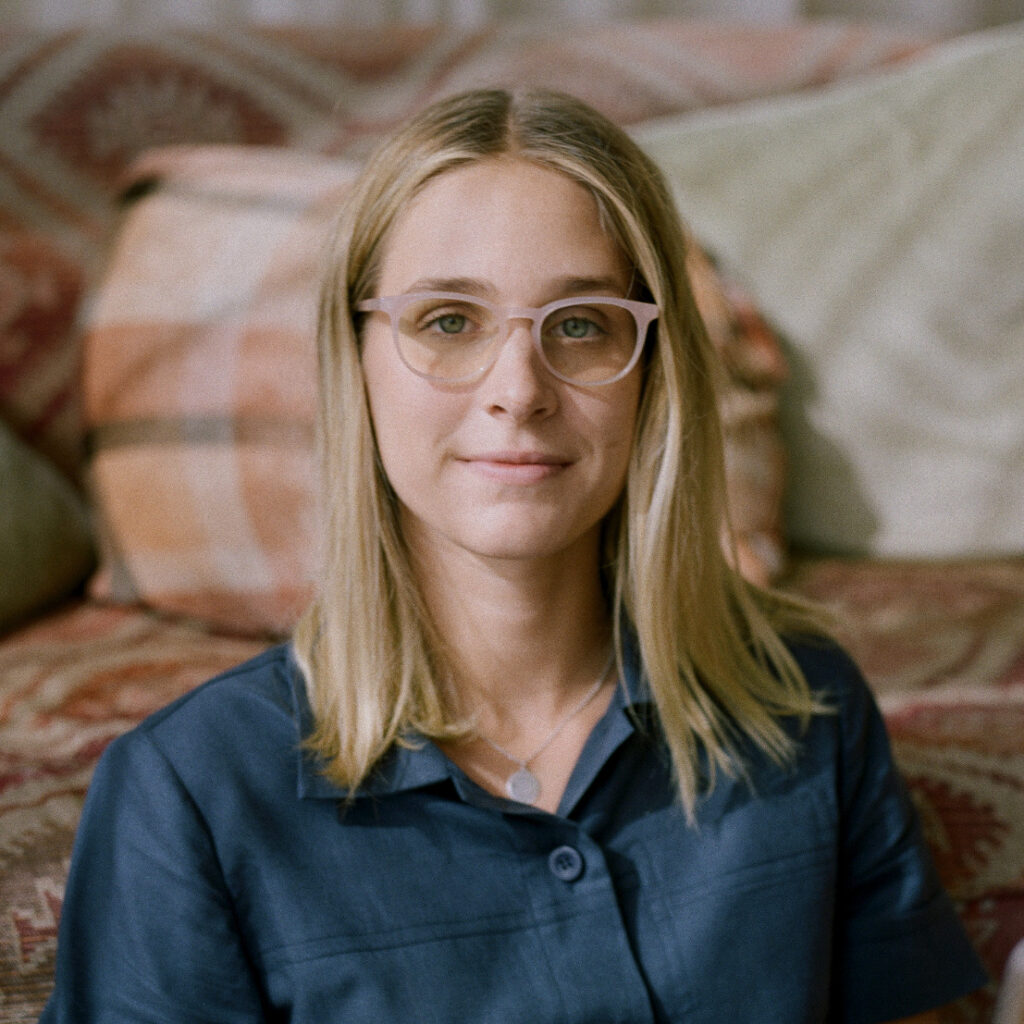Embracing Equity – Celebrating IWD 2023
To celebrate International Women’s Day Kea spoke to five Kiwi women at the beginning of their careers to see what IWD means to them and where they see the opportunities for positive change in the future. Jane Fasavalu and Nancy Vuni are students at the University of Auckland and part of DLA Piper’s Headstart Programme, Ella Dobson is based in New York and is an Associate Creative Director, Hayley Nisbet is a registered nurse in the Paediatric Intensive Care Unit (PICU) at Starship Children’s Hospital and Jemma Jackson is a Policy Advisor for the New Zealand High Commission in London.
What does International Women’s Day mean to you?
Jane: International Women’s Day is not only an acknowledgement of the role of women in our societies, but also a celebration of all women. It is also a reminder of the strength, courage and grace that all women possess.
Nancy: Women gaining access and opportunities to workplaces which are supposedly male dominated is what International Women’s Day means to me. We must embrace and empower women and give them the recognition they need.

Ella: Conversation is the big one–a day to share, listen, and reflect on our unique (and not so unique) experiences as women. Thinking about how far things have come, and how far things have still got to go. It’s crazy to think my grandmother had to resign from her job once she got married. Taking a moment to celebrate our accomplishments, big and small, because in my experience, women usually don’t.
Hayley: Although women should always be valued and appreciated, I believe International Women’s Day provides an additional opportunity to give thanks to all the women in our lives. Those who raised us, taught us, inspired us. A day to acknowledge women’s achievements from the past, current, and those to come.
Jemma: The meaning of International Women’s Day is twofold to me. It creates an opportunity to celebrate the achievements of women and girls and recognises the contributions they have made to society. It also stands as a reminder of where there is more to be done and focuses attention on issues such as the gender pay gap, violence against women and girls and gender discrimination.
Do you see any gender bias in your chosen industry?
Nancy: Gender bias and diversity are often challenges seen when studying law and working within law firms due to unconscious biases. However, law has become much more open to equity of genders. I’ve seen DLA Piper embrace equity for both genders, with women in leadership roles within the firm and gender diversity across the firm. I hope other law firms are doing the same.
Ella: The animation industry skews towards being more male oriented. It took me until a few years into my career to consciously realise that all of the animation mentors in my life were men.
Hayley: Within nursing there is definitely a notable gender difference, as it is largely a female dominated industry. This seems to be due to women traditionally holding the more care giving roles within society. It can be tricky to point out any specific gender bias within the industry but perhaps there is a degree of social bias taking place. Although it appears, as a society, we long for a more progressive community, we must think… ‘do people consider it more socially acceptable to be a nurse as a female?’

Jemma: I feel privileged not to have seen or been subject to gender bias in my workplace. In my current and previous roles, there has been strong female representation in leadership which has been both reassuring and aspirational for a young female starting out in their career. I have however, continued to notice a pattern that female employees often take on more administrative roles (in addition to their core duties) such as organising staff morning teas and taking on roles in social groups and committees.
What do you think are some effective ways of counteracting gender stereotypes within the workplace?
Jane: An effective way of counteracting gender stereotypes within the workplace is disregarding gender entirely from the conversation when selecting the appropriate candidates for tasks. Educating yourself and others by learning about gender stereotypes and how they affect the workplace will also help reduce bias.
Ella: Try to avoid verbalising assumptions you might have about someone. Instead you can ask questions and listen. Having chats with other women in your industry about their experiences with gender stereotypes. For me, the wonderful community that is Panimation has been great for this. It’s an online, and in person, community for women, trans and non-binary people who are in the animation/motion design industry.
Hayley: I believe an effective way in which we could go towards counteracting the gender stereotype seen within nursing would be to portray women in nursing as knowledgeable individuals whose nursing responsibilities expand vastly beyond the simple patient cares. There is far more to the role than bed washes. Providing insight into the side of nursing where these women are responsible for making critical decisions, whilst performing life-saving treatment under difficult circumstances, highlights the complexity of the role and the exceptional depth of knowledge required to maintain the safety of our vulnerable patients.
Jemma: Continuing to bring awareness to the issues that exist and ensuring that training and resources are available to counter bias (including unconscious bias) is important. Women championing other women is also a positive way to empower women in the workplace.

As someone just starting out, what changes would you like to see to increase equality for women over the course of your career?
Nancy: I would love to see workplaces addressing and putting unconscious bias in the spotlight so that more people are aware of the problem.
Jane: Changes that would increase equality for women can begin with recognising areas in the workplace where women don’t have as much of a presence or are not utilised and initiating conversations around improvements for these areas.
Ella: Equal pay. In 2022, US women on average earned about 82 cents for every dollar a man earned. In 2002, it was 80 cents–how have we not seen much change in 20 years? Men in positions of power recognizing talented women, and supporting them into more leadership roles. That way when the next Ella comes along, her set of mentors are more diverse.
Hayley: One way in which I would like to see some positive change to increase equality for women would be to see a rise in pay comparative to male led industries. This is a very topical discussion point at the moment within the nursing realm of healthcare. Furthermore, I would love to see additional monetary compensation for having completed various levels of post graduate study. I believe this additional increase in pay would provide greater incentive for ongoing post graduate study. This would present more opportunities for females to progress throughout their career and occupy senior roles and responsibilities.
Which female leaders or people do you look up to? Why does this person/people inspire you?
Jane: Two female leaders that I will always admire are my two grandmothers. My grandmothers are incredibly hardworking, and their work ethic has always been a source of inspiration for me to work hard as well. Their early morning starts, endless days in the plantation fields, and late nights in the kitchen were the reasons why our family was able to build a wonderful life when we migrated to New Zealand. They personify resilience, strength, and selflessness. I am constantly inspired by the way they never fail to support others before themselves.
Nancy: Tiana Epati, an Auckland Girls Grammar Alumni student who is now a senior litigation lawyer, inspires me. After seeing her speak at school, I saw the stereotypes she was challenged with. Being Polynesian, a judge once thought she was in the courtroom to face charges; however, she was the lawyer. I respect her commitment, morals and her embodiment of a strong wahine. I also look up to the women from my mum’s side, including my mum, who strongly believes in education and schooling — sacrificing family and homeland for my siblings and me to access a better future and way of living. I now see the privilege gifted to me, seeing many Pacific Islanders who do not get this opportunity. I admire my mum and the females in

(Photo credit Matthew Kirk)
her family who see education as a way to have a voice, make a change and be better for our people.
Ella: I mentioned earlier about not having female mentors when I started out, but I’m thankful I now have an array! One is my friend and former colleague, Director, Natalie Labarre. She’s a great listener, communicator, and of course has a bucket load of talent. Her supportive energy always lifts people up around her. She’s a unicorn! I also can’t not mention my mum, Jude Dobson. She’s had her fair share of obstacles throughout her career, but always ploughed ahead and fought for what she believes is important, often telling untold stories. She gives so much to others. Once she’s got an idea you can’t stop her. She too is a unicorn!
Hayley: I am fortunate to be surrounded by such amazing women that have positively impacted my life and contributed to me being the person I am today. To highlight one specific person who inspires me is a nurse who cared for me when I was under the Starship service many years ago. She made me feel as though I was capable of anything. Her never-ending support during my recovery gave me strength and motivation, inspiring me to make her proud and myself proud too. To this day she inspires me to be the best nurse I can be for the patients and families under my care. I often think to myself, if my patients feel even half as good as my nurse made me feel, I consider that a great achievement.
Jemma: Regardless of your political affiliation, I think New Zealand’s former Prime Minister Jacinda Ardern has been a role model to many young women (especially those in politics!) by demonstrating that it is possible to have a family and hold one of the most important jobs in the country. She has broken down barriers of what is normal (or even acceptable) for women in the workplace and in roles of leadership with regard to gender, age and marital status.

 MENU
MENU






